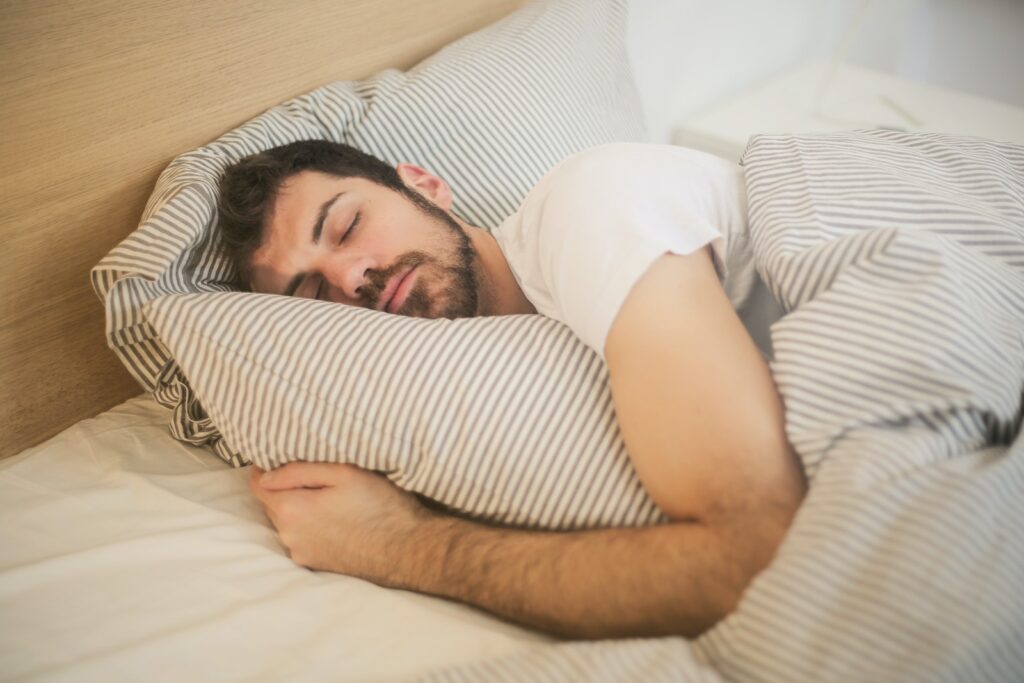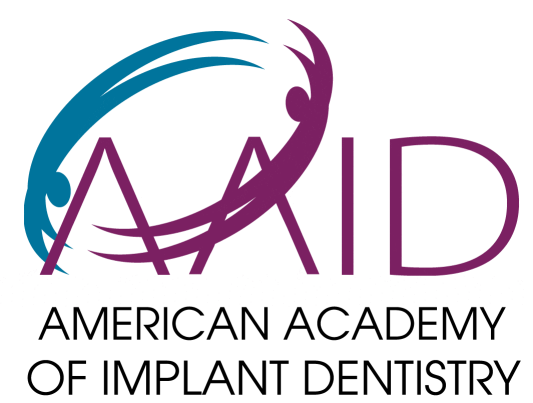Teeth grinding while sleeping affects up to 15% of adults and can cause significant oral health damage if left untreated. The most effective ways to stop nighttime teeth grinding include wearing a custom night guard, managing stress through relaxation techniques, avoiding caffeine before bed, and addressing underlying sleep disorders with professional help.
Do you wake up with a sore jaw, dull headache, or worn-down teeth? You might be one of the millions who unknowingly grind their teeth during sleep. This common condition, known medically as sleep bruxism, silently damages your oral health night after night. While controlling something that happens during sleep might seem impossible, there are proven strategies and professional treatments that can protect your teeth and improve your rest quality.
Key solutions include:
- Custom night guards from your dentist to protect teeth surfaces
- Stress management through meditation, exercise, or therapy
- Sleep hygiene improvements like avoiding caffeine and creating a relaxing bedtime routine
- Professional evaluation to identify underlying causes like sleep apnea or medication side effects
Understanding the root causes and implementing the right combination of treatments can make a real difference in your nightly dental health and overall well-being.

Understanding Teeth Grinding (Bruxism)
Most individuals might clench or grind their teeth occasionally. While infrequent teeth grinding might not pose significant threats, consistent bruxism can lead to damaged teeth and other oral health issues.
Why Do People Grind Their Teeth?
The reasons behind teeth grinding can vary. While stress and anxiety are common culprits, other factors include:
- Abnormal bite
- Missing or crooked teeth
- Sleep disorders, notably sleep apnea
Identifying the Signs of Bruxism
Since grinding predominantly occurs during sleep, many remain unaware of their condition. However, waking up with a persistent headache or a sore jaw can be indicative of bruxism. Often, it’s a partner or family member who notices the grinding sounds at night. If you suspect bruxism, consulting a dentist is crucial. They can check for signs like jaw tenderness and excessive tooth wear.
The Detrimental Effects of Teeth Grinding
Damage to Teeth
Chronic teeth grinding can lead to fractured or loose teeth. In extreme cases, teeth can wear down to stumps, necessitating treatments like bridges, crowns, root canals, implants, or even dentures.
Impact on Jaw and Facial Appearance
Severe grinding not only damages teeth but can also affect the jaws, potentially worsening conditions like TMD/TMJ. Moreover, it can alter facial appearances.
How to Stop Teeth Grinding While Sleeping?
You can take to reduce or stop teeth grinding using these methods:
1/ Mouth Guards
One of the primary solutions for bruxism is using a mouth guard. Dentists can provide a custom-fit guard to protect teeth during sleep.
2/ Addressing Stress
If stress is the underlying cause, consider stress-reducing techniques. This could include counseling, physical therapy, exercise programs, or even muscle relaxants.
3/ Treating Sleep Disorders
Addressing sleep disorders, especially sleep apnea, can significantly reduce or even eliminate teeth grinding.
4/ Dietary and Lifestyle Changes
Limiting caffeine intake and avoiding alcohol can help, as these can intensify grinding. Refrain from chewing non-food items like pens and avoid gum as it can cause the jaw muscles to clench more.
5/ Relaxation Techniques
Practices like placing the tongue tip between teeth can train jaw muscles to relax. Additionally, applying a warm washcloth against the cheek before sleeping can relax jaw muscles.
Bruxism in Children
Bruxism isn’t exclusive to adults. Approximately 15% to 33% of children experience it, especially when baby teeth emerge or when permanent teeth are coming in. While grinding baby teeth seldom causes issues, it can lead to jaw pain, headaches, teeth wear, and TMD in older children. For children, reducing stress, ensuring adequate hydration, and monitoring by a dentist are essential.
Conclusion and FAQs
Bruxism, though common, shouldn’t be overlooked due to its potential harm. Addressing the root causes and seeking timely interventions can safeguard oral health.
For residents of Ashburn, Leesburg, Sterling, and Lansdowne, VA, choose Lansdowne Family Dental for quality dental care. We offer various dental services with a patient-centric approach. Start your dental journey with us. Contact us!
FAQs
- What are the primary causes of teeth grinding? Stress, anxiety, abnormal bites, missing or crooked teeth, and sleep disorders are common causes.
- How can I confirm if I have bruxism? Persistent morning headaches or a sore jaw can indicate bruxism. A dentist can provide a definitive diagnosis.
- Are children at risk of teeth grinding? Yes, especially during the emergence of baby and permanent teeth.
- Can dietary changes help reduce teeth grinding? Limiting caffeine and alcohol can help, as they can intensify grinding.
- Is there a connection between sleep disorders and bruxism? Yes, especially sleep apnea, which can exacerbate teeth grinding.
- How can stress contribute to teeth grinding? Stress and anxiety are significant contributors to bruxism. Managing stress can help reduce grinding.
Take Action Now!
If you or a loved one is experiencing symptoms of bruxism, don’t wait. Consult a dentist to discuss potential treatments and protect your oral health.






